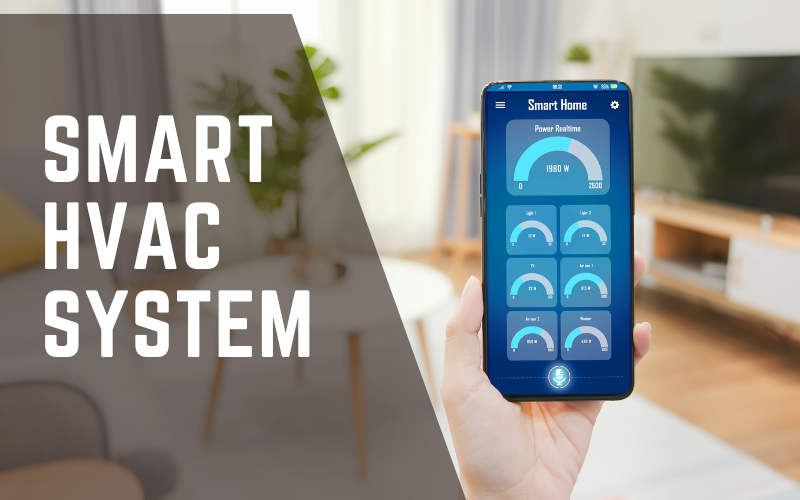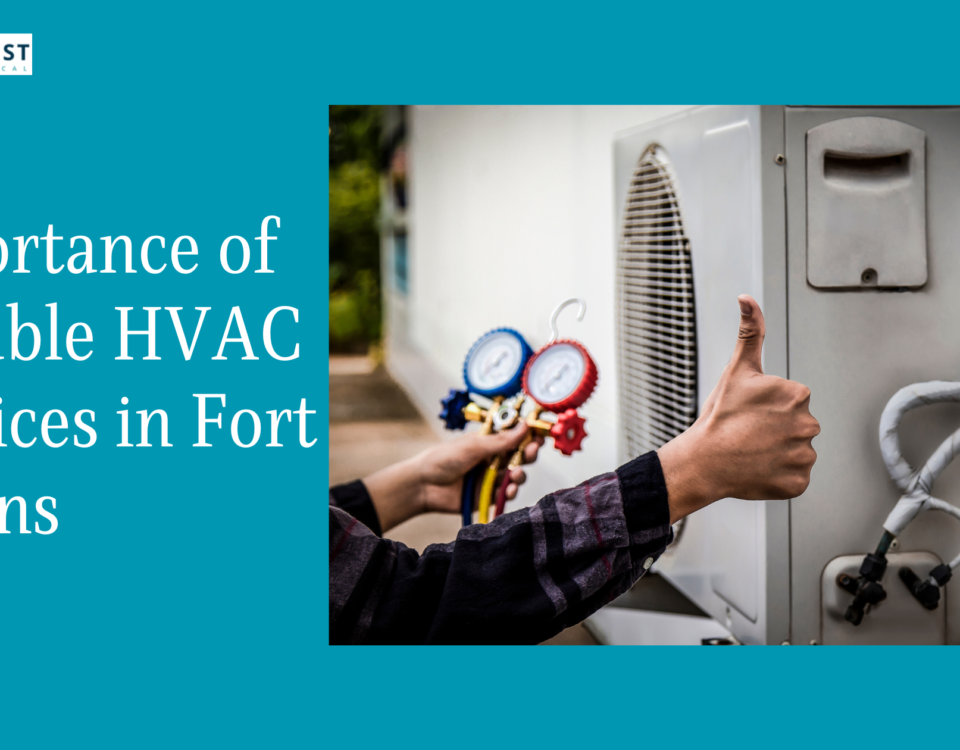- Servicing areas in and around: Estes Park, Longmont, Boulder, Arvada, Fort Collins, Denver, Loveland, and Lyons
- 8883880970
Tips and Tricks for Saving Energy Bills in Winter
Smart thermostats and Geofencing for advanced temperature control
January 14, 2024
Which type of water heater is best for my home?
January 26, 2024With several appliances used in winter to keep the home cozy and comfortable, the rise in energy bills is obvious. But with simple tips and tricks, savings energy bills in winter can be maximized.
As the winter grows and the temperature drops, the urge to keep the home warm and comfortable grows even higher. This often leads to increased energy consumption when you use various HVAC equipment including water boilers, furnaces, water heaters, etc. All these combined contribute to higher utility bills.
However, by following simple tips and tricks and HVAC hacks, you can keep your home cozy without it getting heavier in your pocket. In this article, we will guide you through these simple hacks that you can do yourself, or get help from professional HVAC services in Denver or other regions.
Energy Saving Technologies
The first thing first. Think of saving energy bills and it will be done. So, if you want to optimize your home energy usage during winter, then here are a few things you must start doing from your end:
- Unplug unused devices
Electronics and chargers continue to consume energy even when not in use, contributing to “phantom” energy consumption. Unplug devices and chargers when not in use, or use smart power strips that automatically cut off power to devices when they are turned off.
- Utilize Smart Home Technology:
Investing in smart home technology can help you control your HVAC system more efficiently. Smart thermostats, for example, learn user preferences over time, adjusting temperatures intelligently to maximize comfort while minimizing energy waste. With remote access capabilities, homeowners can manage their HVAC systems even when away, ensuring optimal efficiency and contributing to a greener, more cost-effective living space.
Thermostat Optimization

A simple yet effective way to save on energy bills is to optimize your thermostat settings. Thermostat optimization refers to the strategic management of your home’s heating system to achieve energy efficiency and cost savings.
- Lower the thermostat when away or sleeping.
During the winter, the first recommendation is to lower the thermostat when you are away from home or during sleeping hours. This simple adjustment prevents unnecessary heating when it’s not needed, reducing energy consumption.
- Invest in a programmable thermostat for scheduled temperature adjustments.
Unlike traditional thermostats, programmable ones allow you to schedule temperature adjustments based on your daily routine. This means you can automatically lower the temperature when you’re away or asleep and raise it before you return or wake up, ensuring comfort when necessary without continuously maintaining a higher temperature.
Improving Lifestyle and Home Habits
This section refers to the practical measures you can adopt as a homeowner to enhance the insulation and personal comfort which will ultimately help your reliance on heating systems.
- Consider Layering
This means dressing warmly with sweaters, socks, and blankets. By adding layers of clothing and using cozy blankets, individuals can maintain personal warmth without solely depending on increasing the thermostat setting. This lifestyle adjustment contributes to energy savings and a more sustainable approach to heating.
- Ensure proper sealing of gaps and insulation
Checking and sealing gaps around doors and windows using weatherstripping or caulking prevents cold drafts from entering and warm air from escaping. This is a crucial step in maintaining a well-insulated living space. Additionally, adding insulation to walls and the attic further enhances the overall thermal efficiency of the home. Proper insulation acts as a barrier, reducing heat transfer and optimizing the effectiveness of the heating system.
HVAC System Maintenance

It is among the most important things you must consider as a Denver homeowner because HVAC system maintenance can drastically enhance performance and contribute to saving energy. You must consider contacting Denver HVAC services for a regular maintenance service.
- Regularly replace air filters to ensure proper airflow
Air filters trap dust, debris, and pollutants, and when they become clogged, they restrict airflow. Regular replacement ensures proper airflow, preventing strain on the system and optimizing its efficiency.
- Clean vents and ducts
Over time, these components can accumulate dust and debris, hindering the system’s ability to distribute heated air effectively. Cleaning vents and ducts help maintain a clear and unobstructed pathway for air circulation, ensuring that your HVAC system operates at its best.
- Schedule professional maintenance checks
HVAC professionals like Everest Mechanicals have the expertise to inspect, clean, and fine-tune the various components of your system. They can identify potential issues before they become major problems, ensuring that your HVAC system performs optimally. These regular check-ups not only extend the lifespan of your system but also contribute to energy efficiency, ultimately reducing your winter energy bills.
Natural Elements and Appliances
Natural Elements and Appliances focuses on utilizing the inherent properties of natural elements and optimizing the use of appliances for improved energy efficiency during winter.
- Leverage Natural Sunlight

Keeping curtains and blinds open during sunny hours allows natural sunlight to enter your home, serving as a passive heating source. Sunlight warms up your living spaces without relying on additional energy consumption. Conversely, closing curtains and blinds at night helps to retain the warmth accumulated during the day, preventing heat loss through windows and maintaining a comfortable indoor temperature.
- Use Ceiling Fans Strategically
Ceiling fans are not only useful for cooling during the summer but can also contribute to heating efficiency in winter. By setting ceiling fans to rotate clockwise at a low speed, you can gently push warm air that naturally rises back down into the living space. This strategic use of ceiling fans ensures even distribution of warmth, reducing the need to raise the thermostat setting and, consequently, lowering energy consumption.
Heating Efficiency Strategies
Implement zoned heating for targeted warmth and upgrade to Energy Star-rated HVAC systems for optimal energy savings
- Consider Zoned Heating
Zoned heating involves dividing your home into different zones and controlling the temperature independently in each area. This strategy allows you to heat only the spaces that are in use, preventing energy waste in unoccupied rooms. Zoned heating provides a more targeted and efficient approach to maintaining comfort, offering potential energy savings by directing heat where it’s needed most.
- Upgrade to Energy-Efficient HVAC Equipment
When contemplating HVAC upgrades, it’s advisable to look for high Energy Star ratings. Energy Star-certified HVAC systems meet stringent energy efficiency guidelines set by the Environmental Protection Agency (EPA). Upgrading to such systems ensures that your heating equipment operates at peak efficiency, reducing energy consumption and, in turn, lowering winter utility bills. This investment not only enhances your home’s heating capabilities but also contributes to a more sustainable and environmentally friendly living environment.
The Bottomline!
Saving on energy bills during the winter months doesn’t mean sacrificing comfort. By implementing these HVAC hacks and adopting energy-efficient practices, you can enjoy a cozy home while keeping your utility costs in check. For a more enhanced energy-saving option, consider professional HVAC service in Denver and maximize your savings.



